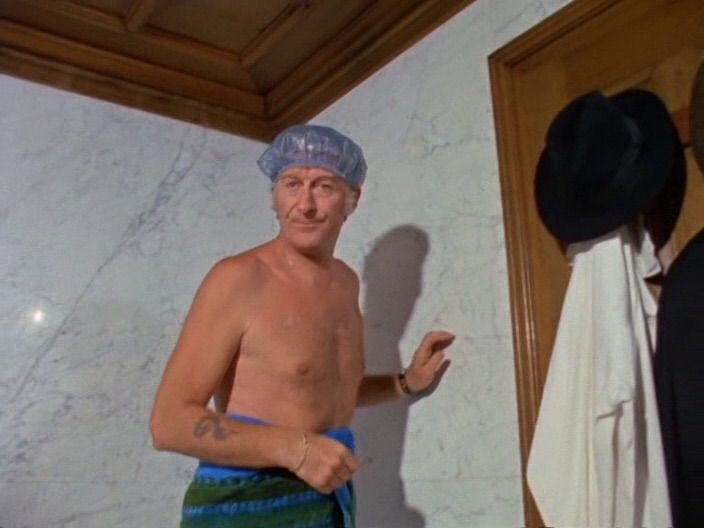 American Gods by Neil Gaiman
American Gods by Neil Gaiman
My rating: 3 of 5 stars
Gaiman has fashioned a novel full of great characters, incredible world building, well researched religious and mythological history, and smooth, marvelous prose…all, alas, in search of forward momentum. For a novel this packed with wonderful ideas, very little actually happens. I did enjoy it — these characters will definitely stay with me — but I found its lackadaisical, meandering structure and the protagonist’s mostly passive role in the story frustrating. More than one hundred pages pass before we’re clued into any of the characters’ goals or given any idea of what’s at stake, which made it hard for me to feel invested. As a result, I found the novel very easy to put down and wasn’t always in a rush to pick it up again. I’m glad I did, because the novel definitely picks up in its final third, but for me it was a slog getting there.
The middle of the novel, when Shadow is tucked away in the town of Lakeside, is particularly frustrating. Way too many pages are spent with Shadow simply trying to pass the time, from visiting library sales to chatting with his new neighbors, while Mr. Wednesday is off, unseen, doing things that are presumably more interesting and important to the story. Gaiman himself seems to recognize this issue and adds a last-minute mystery to the Lakeside community for Shadow to solve, and though Gaiman’s instincts are right in this regard, his fix is wrong. The Lakeside mystery is kept too distant from the main storyline, its resolution coming only after everything else is already finished, and as a result it all comes off feeling like an unnecessary addendum. It would have made a fine, separate novel, though.
A war between the gods should be exciting, but since we don’t get to see much of it at all the novel doesn’t reach the level of excitement I was hoping for. You couldn’t call AMERICAN GODS a fast-paced or tightly-plotted novel, but despite my issues it is a worthy one. I can see why it’s so beloved by so many — there really is a richness to the world and the characters Gaiman creates — but it just didn’t resonate with me that strongly.


